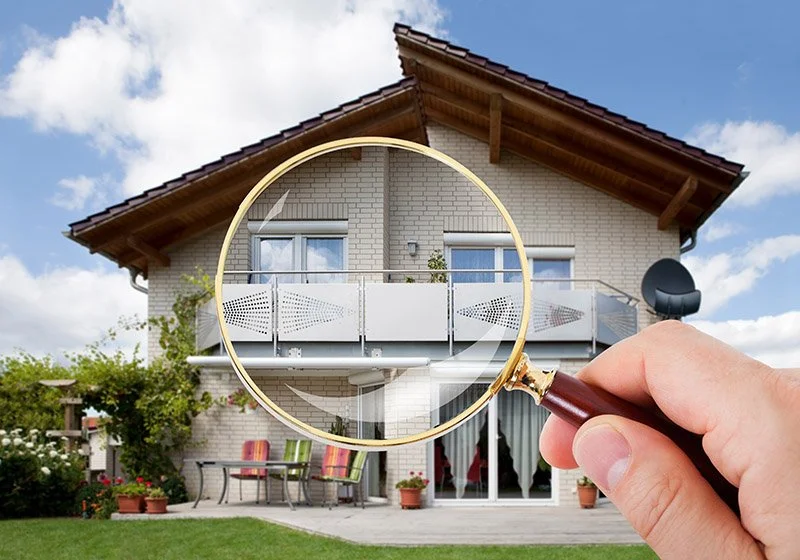What Is Radon Testing and Its Effects? If you consider building your new home, one of the first things you need to find out is how safe your new home would be. With recent reports surfacing about the dangerous levels of radioactive material that can be found in older homes, you should make sure your new home doesn't have any hidden dangers lurking. This is especially true if you want to choose a builder with whom you can build your new home.
It has been proven that some aspects of radon pose serious health risks, particularly to children. Radon gas is odorless, colorless, and usually undetectable by the naked eye. This means that radon levels in your home would not be detectable unless you perform proper radon testing. Although you may never know if radon is present in your home, it is still a good idea to have your home tested. You can take the test results with you when shopping for a new home so that you can make an informed decision.
When you have a professional evaluation of your home's current condition, you will know precisely where radon is located within your home. You can then pinpoint areas of concern where radon would have the most damaging effects on your health. If you suspect radon might be present in your home, you can then hire a radon mitigation specialist to perform a proper radon test. The specialist will then determine just how dangerous your home's current radon level is and what steps need to be taken to protect yourself, your family, and your home.
There are several different methods for testing the presence of radon in your home. Radon gas can quickly enter your home through cracks in the foundation or under your home's floorboards. You can't see radon gas, so it can sneak past radon detectors and other safety devices designed to detect it. A qualified radon mitigation specialist will use a series of susceptible instruments to determine whether or not radon is present in your home.
The accuracy of a test is based upon many factors. Radon levels can vary from one geographic location to another, meaning that a test that checks for levels ten times greater than usual could indicate false results. Additionally, your home may be constructed in a way that allows radon to escape detection by homeowners or building owners, meaning that the levels detected may be significantly higher than usual. It is essential to hire a professional to test and interpret the results because false positives and false negatives can both confuse and waste your time and effort.
Although it is more expensive to have a professional perform radon testing, it's not necessary in most cases. Even if your home is properly sealed and your gas appliances are sealed up, you may be surprised by the level of radon present in your home.

